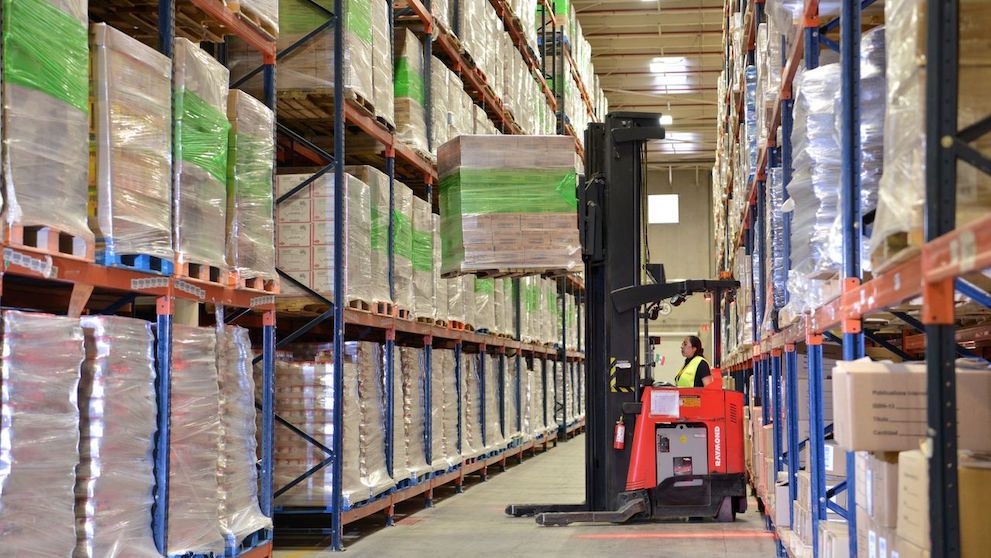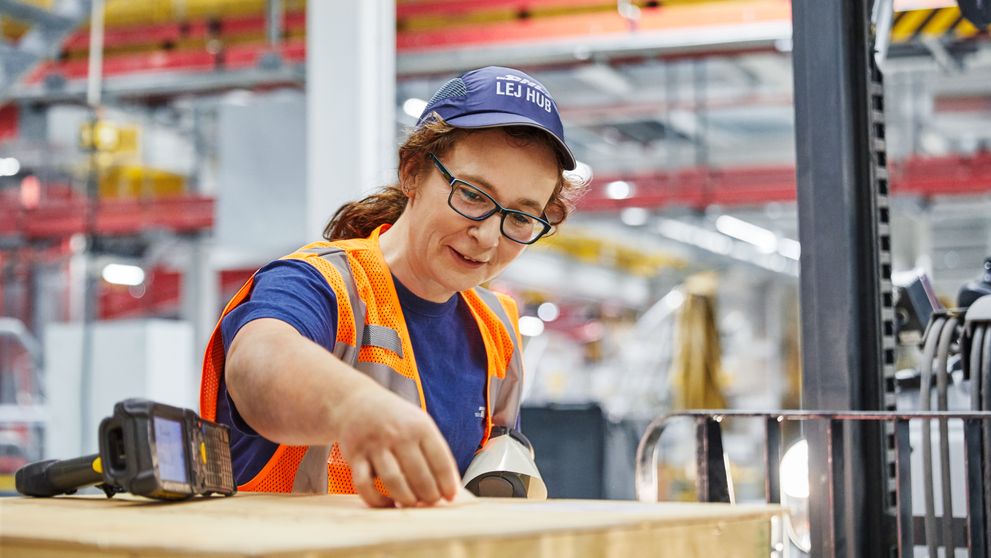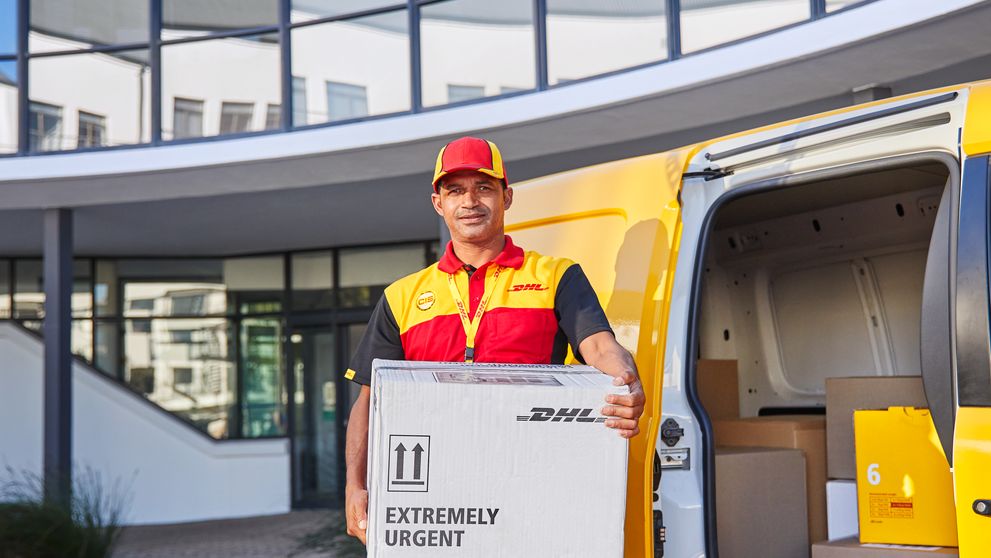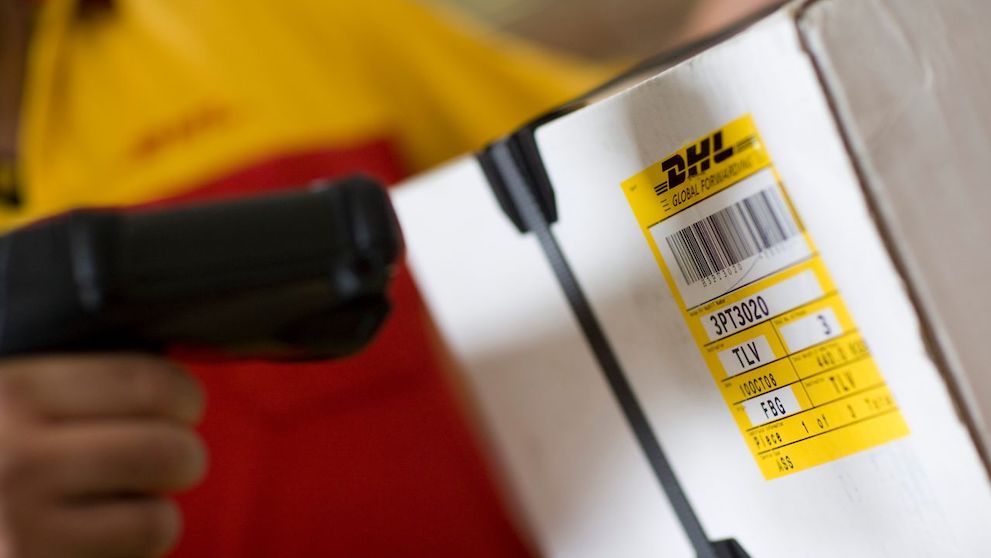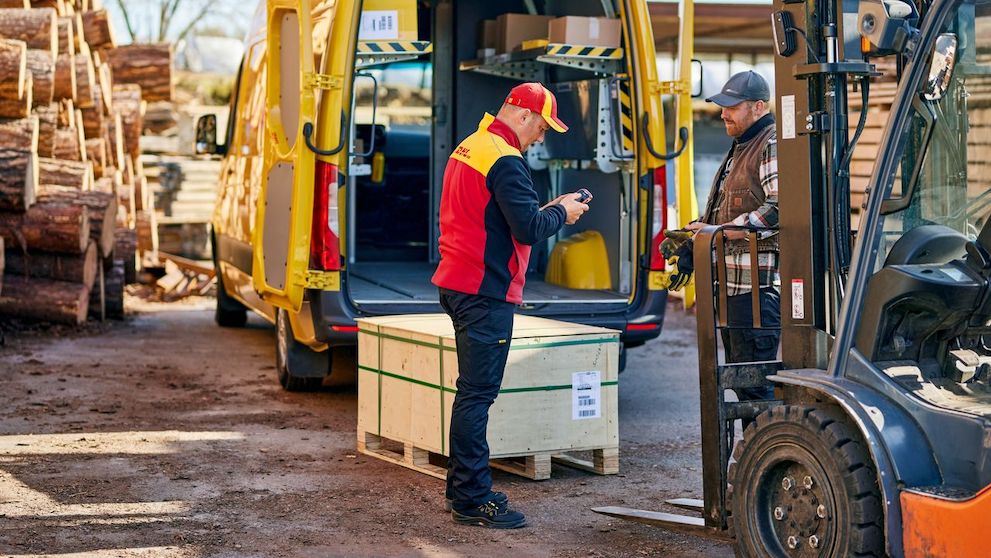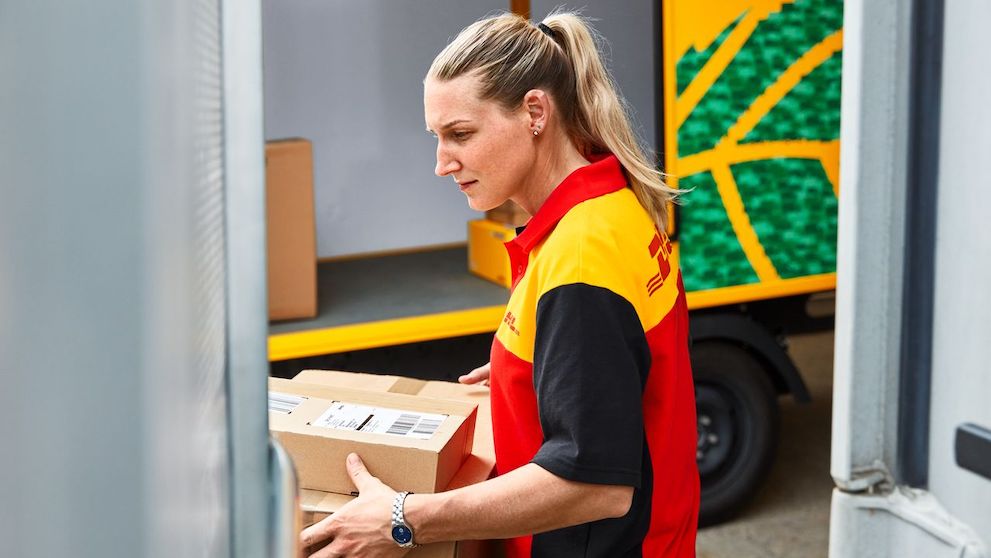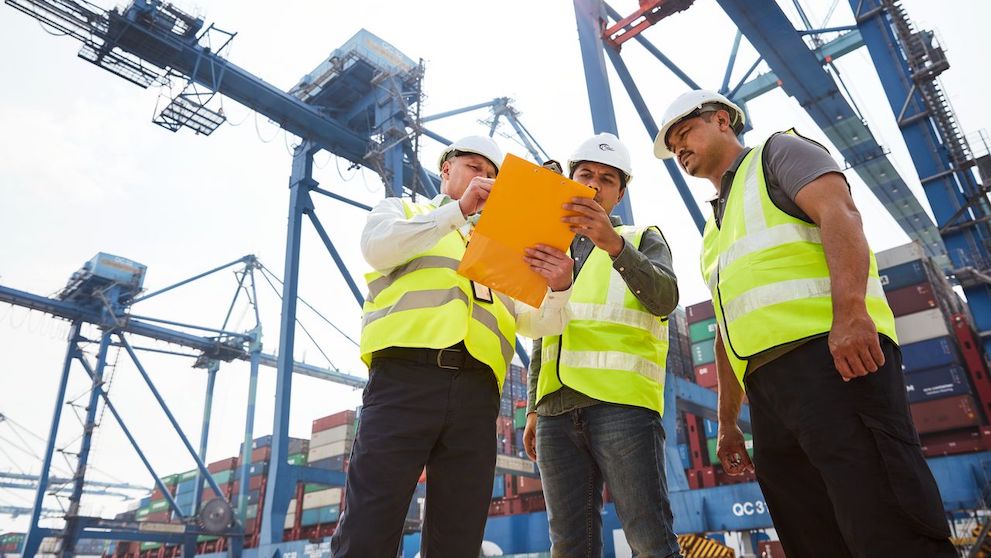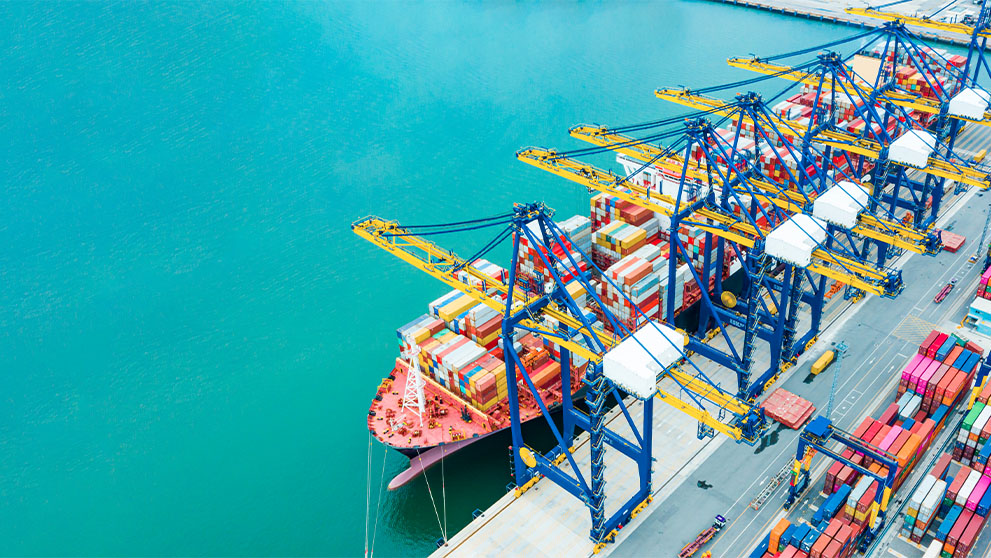Supply Chain Management is an international logistics management process that involves numerous stakeholders throughout the whole global supply chain of operations. It is the nerve centre in which goods and services are delivered from the manufacturer to its purchaser. Today, this international supply chain journey has morphed into a process that is dependent on variables such as evolving customers’ needs and wants, more shipment routes, and other international supply chain management complexities.
With rapid global expansion and a growing appetite for value-added services, intense pressure is being exerted on the global supply chain. According to a Engineering & Manufacturing case study by DHL, costs for logistical operations will continue to increase, and along with it come rising performance issues that require comprehensive solutions.
A robust international supply chain management network will be a boon to businesses. In addition, streamlining processes will improve profit margins, deliver quality, provide customised solutions, and display transparency of the global supply chain’s operations. It may also open doors for businesses to expand as they scale effectively through a reliable downward supply line. With an independent international logistics network designed to provide the fastest delivery time, DHL Express can connect businesses regardless of location.
As a business owner, having a resilient global logistics supply chain requires resources, proficiency, and customisable solutions, which only a reliable partner can deliver. While planning an effective global logistics and supply chain management model can be challenging, there are a few ways to augment your processes.
1. Acquire Real-Time Data
The Internet of Things, or IoT in short, has resulted in a massive technological paradigm shift. Vast amounts of information from various operations and logistics sources can now be extracted and extrapolated. This provides valuable insights for businesses as well as their end users.
Real-time data when used to great effect makes the task of issue identification and the subsequent rectification of it a whole lot easier, allowing businesses to nip things in the bud before something crops up and affects the entire distribution chain. Real-time data helps deliver operational efficiency by allowing real-time tracking, capacity planning, and pre-emptive measures. Leveraging IoT delivers comprehensive solutions such as providing information on demand and machine learning; this helps global supply chain leaders make data-driven decisions.
2. Integrating Autonomous Robots
Opportunities for integrating autonomous machines exist at every segment of the global supply chain, whereby businesses who have already embarked on it are now seeing their return of investment through lower costs, safer work environments, and higher productivity levels. However, for businesses that aren’t using autonomous machines, implementing it can be a daunting task. For starters, cost will be an issue, and the idea of placing autonomous machines on an assembly line or in a warehouse can be intimidating. However the return of investment will be worth it, as automation helps businesses increase efficiency, workplace safety, and employee satisfaction.
This is something DHL Supply Chain, an industry leader in contract logistics, has already embarked on as it plans to deploy indoor autonomous machines across 2,200 international warehouses. Successfully deploying autonomous forklifts in North America, the UK and Ireland for difficult and high value cases in a pallet warehouse environment, the organisation recently rolled out a fleet of autonomous forklifts in mainland Europe. These pallet movers are the organisation’s latest addition to its warehouse in Bornem, Belgium, marking yet another successful plan of integrating automation technology by a business into its operations.
3. Invest in Human Capital
The full spectrum of global supply chain management is not only about strategic development, data mining, and hardware upgrades. It is also about effective man management. Unlike digital intelligence and machine learning, the influence of real workers along the global supply chain has gathered little attention. Businesses require employees who can ensure procured materials meet quality standards, evaluate delivery timings, maintain ideal relationships with suppliers, so on and so forth.
Adopting a human-centric approach is key to resilience. As an organisation that invests heavily in human capital, DHL Express has developed an agile workforce that is quick to tackle challenges that come our way. By cultivating our employees’ skills, we have managed to grow a unit of network planners, air operations teams, fleet managers, and more to service the evolving needs and wants of our customers.
4. Develop a Logistics Hub
A logistics hub is an area allocated for supply chain management activities such as transportation, sorting, dispatch, and distribution of goods to the end user. It paves the way for streamlining and automating workflow. Today, this has become an integral part of a modern logistics operations strategy.
Such logistics destinations can be ideal for improving order fulfilment rates and helping organisations deliver dedicated services to their customers. However, it should be noted that building a logistics hub can be costly and time consuming. Apart from just sourcing a warehouse for inventory-keeping, businesses will need to incorporate a warehouse management system to synchronise its logistics operations with the distribution centres.
5. Blockchain For a Supply Chain
Along with other IoT technologies, blockchain is considered “Web 3.0.” So, what is blockchain exactly? After all, the technology is still in its nascent stage, and many industry players cite that there’s a lack of understanding, thus making it the number one obstacle to the adoption of this technology.
To put it simply, blockchain is a peer-to-peer network whereby every process and agreement has a digital record that is identifiable, storable, and can be digitally shared. This provides absolute transparency and accountability for everyone in the global supply chain. Think of it as a form of trust between parties via digital means.
Blockchain also offers remarkable potential for audits. It allows the business to track deliveries, receipt of goods, contracts, accounts payable, and more. It provides digital ledgers that can certify product backstories with ease, providing useful information for all parties involved.
Smart Supply Chain Management
In recent years, the trading industry has undergone massive transformation with the advancement of IoT technology and diversifying needs. With that, global supply chains are under pressure to be efficient and deliver quality. To navigate this confusing landscape, organisations can choose to partner with a reputable global logistics provider such as DHL Express to scale their businesses.
More than just the shipping of goods, DHL Express amalgamates technology and human expertise to offer a complete range of international express delivery services, including strategically located network control towers around the world to support your businesses in New Zealand. The combination of smart processes, unparalleled accuracy, and human-centric services enables us to streamline and resolve all kinds of issues no matter how complex they can be.
Create a customer account to streamline your complex logistics operations today.
